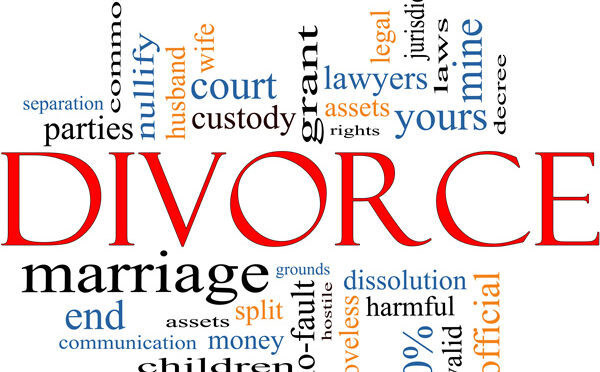Navigating the intricacies of Family Law can be a daunting experience. Whether you’re going through a divorce, fighting for custody of your children, or dealing with other delicate family matters, the emotional toll can be overwhelming. That’s where we come in. At Reeves Lavallee, PC, located in Worcester, MA, we specialize in a wide range of Family Law services designed to guide you through these challenging times. Below is an overview of the kinds of Family Law matters we expertly handle:
Key Areas of Expertise
1. Divorce
We guide you through the legal process of dissolving your marriage, ensuring fair property division and alimony arrangements.
2. Child Custody and Visitation
Our team works diligently to secure the best possible living conditions for your children after a separation or divorce.
3. Child Support
We help ensure that both parents fulfill their financial obligations to maintain the well-being of their children.
4. Spousal Support (Alimony)
We advocate for a fair financial arrangement between spouses, both during and after divorce proceedings.
5. Domestic Violence
Domestic violence is a grave issue that can have devastating emotional, physical, and psychological impacts on the victims involved. In Massachusetts, domestic violence includes various forms of abuse—physical, emotional, and psychological—occurring within family or intimate relationships. Legal actions can include restraining orders, criminal charges, and implications in divorce or child custody proceedings.
6. Paternity
We help in establishing the legal fatherhood of a child, often with the assistance of DNA testing.
7. Prenuptial and Postnuptial Agreements
We can assist you in creating legal contracts that safeguard your assets before or during your marriage.
8. Adoption
Our legal expertise extends to the adoption process, helping to create new family bonds.
9. Guardianship
We can help establish legal guardianship for minors or incapacitated adults.
10. Modification of Orders
We assist in making legal adjustments to court orders related to family matters.
11. Annulment
In Massachusetts, an annulment is a legal process that nullifies a marriage, treating it as though it never existed. Unlike a divorce, which ends a legally recognized marriage, an annulment declares that the marriage was invalid from the outset due to factors such as fraud, bigamy, or incapacity. Obtaining an annulment involves a complex legal procedure and requires you to demonstrate specific grounds for making the marriage void.
12. Separation Agreements
We help lay out the terms for a couple’s separation, often as a precursor to divorce.
13. Asset and Property Division
When it comes to divorce, one of the most complex issues is the division of assets and property. In Massachusetts, the courts aim for an equitable distribution, which does not necessarily mean a 50-50 split but rather a fair division based on various factors such as the length of the marriage, the economic and non-economic contributions of each party, and future financial needs. Navigating this intricate process requires the expertise of skilled attorneys.
14. Grandparents’ Rights
The issue of grandparents’ rights can arise in various family law scenarios, including divorce, separation, or when a parent is deemed unfit. In Massachusetts, grandparents can petition for visitation rights, but they must demonstrate that it would be in the best interest of the grandchild and that failure to grant such rights would lead to significant harm.
15. Legal Separation
We can facilitate court-approved arrangements for couples choosing to live apart while remaining legally married.
16. Emancipation of Minors
Emancipation of minors is a legal process that allows a minor to gain independence from their parents or guardians before reaching the age of majority. In Massachusetts, emancipation is not granted lightly and generally requires a showing that the minor is capable of financial self-sufficiency and has a valid reason for seeking emancipation, such as abuse or neglect.
Why Choose Reeves Lavallee, PC?
At Reeves Lavallee, PC, we understand that each family law case is unique and deserves personalized attention. Our experienced and compassionate attorneys are committed to providing top-notch legal representation to residents of Worcester and the surrounding areas.
Take the Next Step: Schedule a Free Consultation
Understanding your rights and options is the first step in any legal process. That’s why we offer a free initial consultation to discuss your specific family law needs. Don’t navigate this complicated landscape alone. Contact us today to set up your free meeting and let us guide you through the complexities of Massachusetts Family Law.





